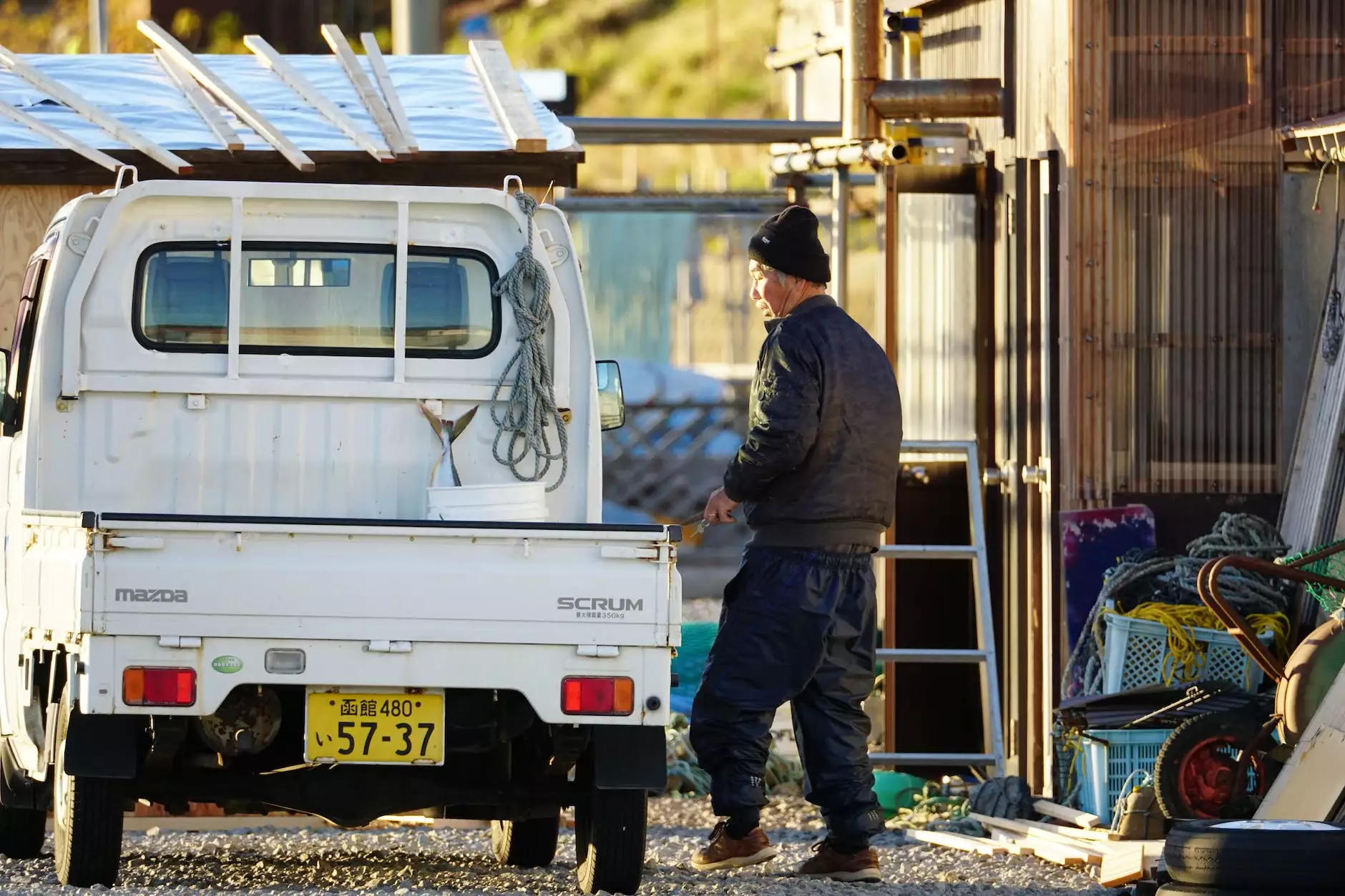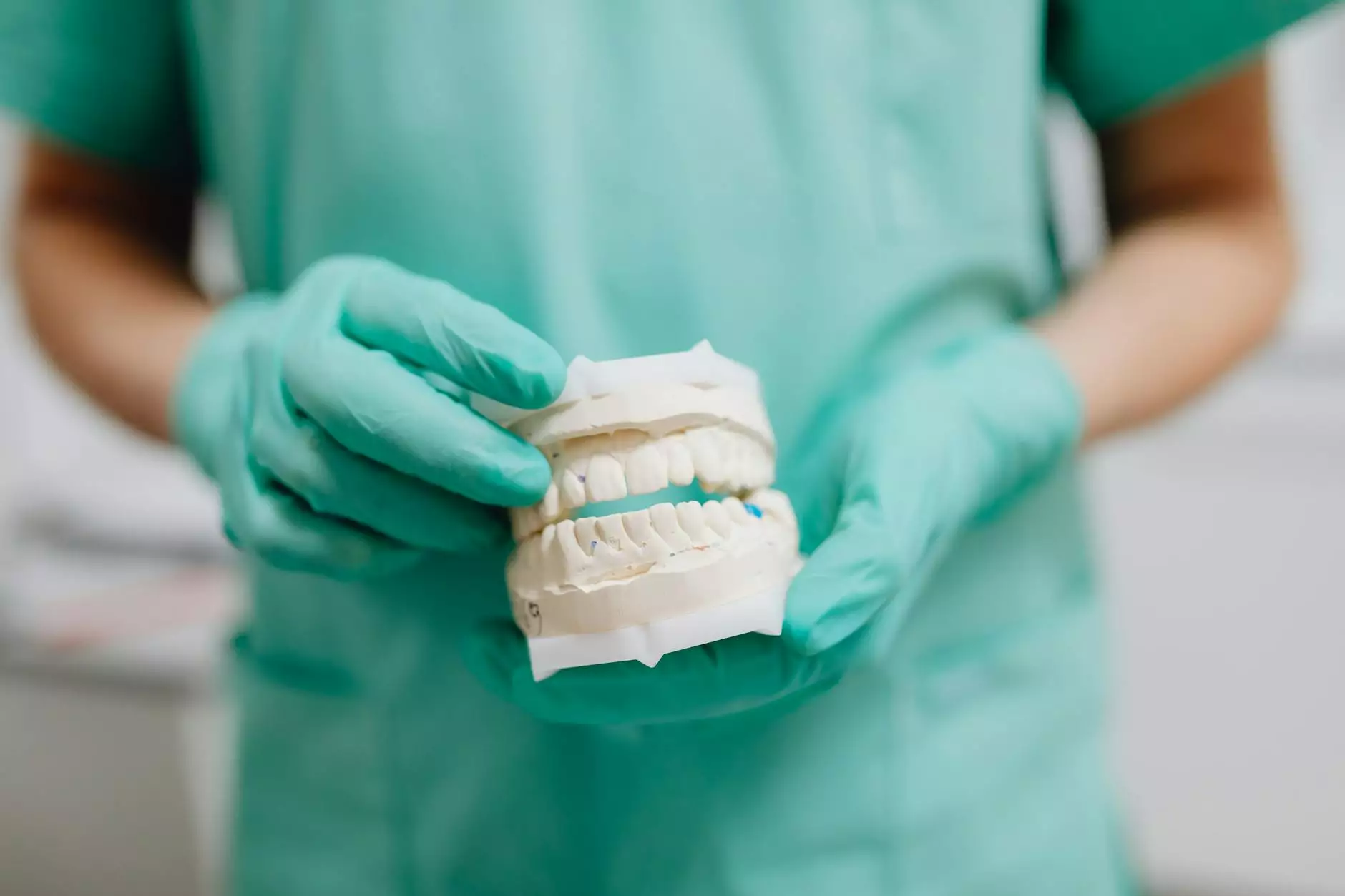Understanding Hard Water Softener Systems

When it comes to ensuring the purity of your drinking water, hard water softener systems play a pivotal role. These systems not only enhance water quality but also extend the lifespan of plumbing and appliances, making them a worthwhile investment for any household. In this comprehensive article, we will delve deep into the mechanics of hard water softening, its benefits, types of systems available, and why you should consider services from waterverzachteraquagroup.be for your water purification needs.
What is Hard Water?
Hard water is defined by its high mineral content, primarily calcium and magnesium ions. While these minerals are naturally occurring and not harmful to health, they can have adverse effects on household activities and appliances. Here are some common issues caused by hard water:
- Mineral Buildup: Hard water can lead to scale buildup in pipes, appliances, and fixtures.
- Soap Inefficiency: It reacts with soap to form soap scum, reducing its effectiveness.
- Unpleasant Effects on Skin and Hair: Hard water can leave skin feeling dry and hair brittle.
How Do Hard Water Softener Systems Work?
The primary function of a hard water softener system is to remove calcium and magnesium ions from the water supply, replacing them with sodium or potassium ions. The process occurs through a method called ion exchange. Here’s how it works:
1. Ion Exchange Process
In the ion exchange process, hard water flows through a tank containing resin beads that carry a sodium charge. As the water passes through, the calcium and magnesium ions are attracted to the resin and replace the sodium ions, effectively softening the water.
2. Regeneration Cycle
Over time, the resin beads become saturated with calcium and magnesium ions, which diminishes their effectiveness. To regenerate the beads, the system is flushed with a brine solution (saltwater), which replenishes the sodium ions and flushes out the accumulated hardness minerals.
Types of Hard Water Softener Systems
When choosing a hard water softener system, it is important to understand the different types available:
1. Salt-Based Softener
These are the most common systems that use sodium ions to soften water. They are highly effective in treating hard water but require regular maintenance and the buying of salt.
2. Salt-Free Softener
These systems use a different approach called Template Assisted Crystallization (TAC) to alter the structure of minerals. While they do not remove hardness minerals, they prevent them from crystallizing and forming scale.
3. Dual-Tank Softener
This type employs two tanks to increase efficiency. When one tank is in use, the other can be regenerating, ensuring a continuous supply of soft water.
Benefits of Installing a Hard Water Softener System
Installing a hard water softener system provides numerous benefits:
1. Improved Water Quality
Softened water is cleaner and tastes better, enhancing overall drinking water quality.
2. Increased Lifespan of Appliances
Soft water reduces scale buildup in appliances like dishwashers and water heaters, increasing their longevity and efficiency.
3. Exceptional Skin and Hair Care
Softened water is gentler on skin and hair, preventing dryness and irritation.
4. Reduced Cleaning Time
With softer water, you'll notice less soap scum and film, making cleaning tasks quicker and easier.
Why Choose Waterverzachteraquagroup.be for Your Softener Needs?
At waterverzachteraquagroup.be, we specialize in providing top-tier water purification services tailored to your household's unique requirements. Below are compelling reasons to choose us:
- Expert Knowledge: Our team has extensive knowledge and experience in water systems.
- Quality Products: We offer high-quality softener systems that are reliable and efficient.
- Personalized Solutions: We assess your specific needs to provide tailored solutions.
- Reliable Support: Our customer service is always available to assist with questions and maintenance.
How to Choose the Right Hard Water Softener System
Choosing the right hard water softener system can be daunting, but considering the following factors can help you make an informed decision:
1. Water Quality Analysis
Understanding the specific hardness levels in your water can guide you in selecting the appropriate system size and type.
2. Household Water Usage
Evaluate how much water your household consumes daily. Larger families may require systems with higher capacity.
3. Budget Considerations
While the upfront cost is essential, consider maintenance, salt replenishment, and long-term savings on appliance repairs.
Maintenance Tips for Hard Water Softener Systems
To keep your hard water softener system operating efficiently, regular maintenance is critical:
- Check Salt Levels: Regularly ensure that your salt levels are sufficient for proper regeneration.
- Clean the System: A thorough cleaning of the brine tank and resin beads aids in function.
- Monitor Performance: Pay attention to any changes in water quality, which could indicate a need for maintenance.
Conclusion: Invest in Quality Water with a Hard Water Softener System
Investing in a hard water softener system is more than just enhancing the quality of your water; it’s about improving your lifestyle, protecting your health, and safeguarding your home. With expert services from waterverzachteraquagroup.be, you can enjoy the long-term benefits of soft water. Don’t compromise on quality – take the step towards a cleaner, softer water experience today!









